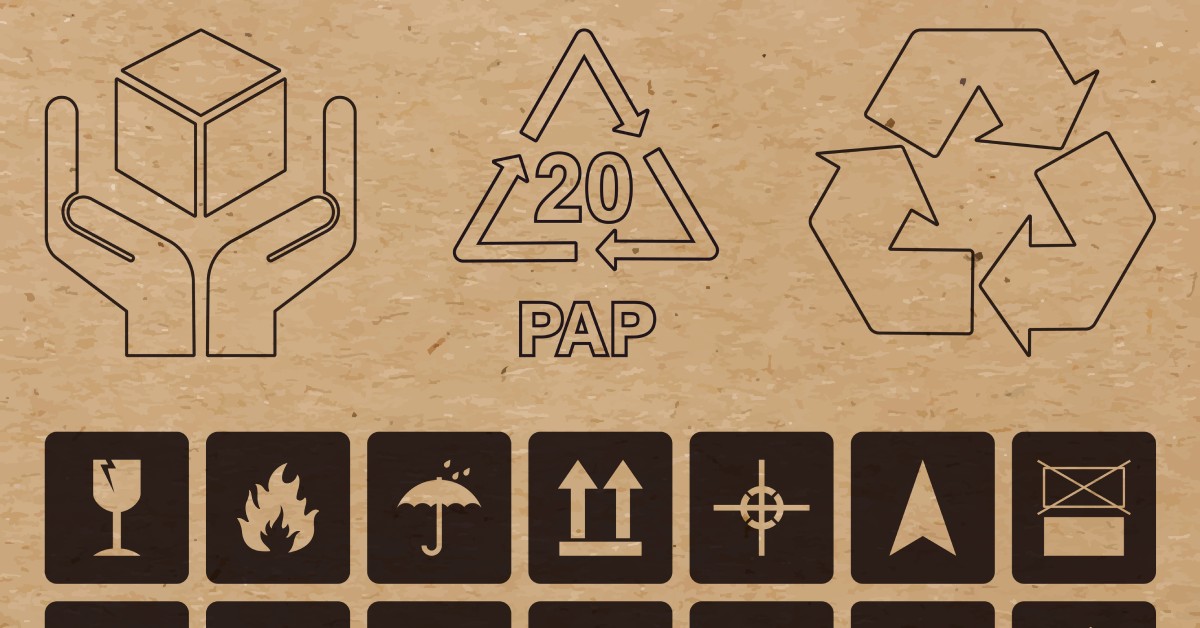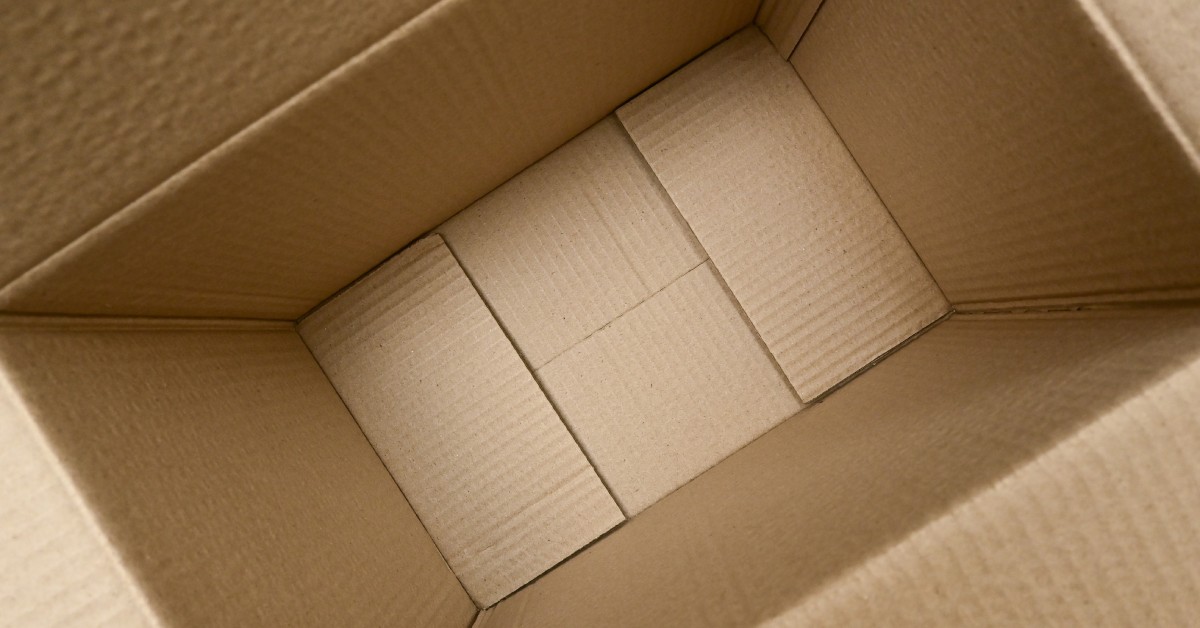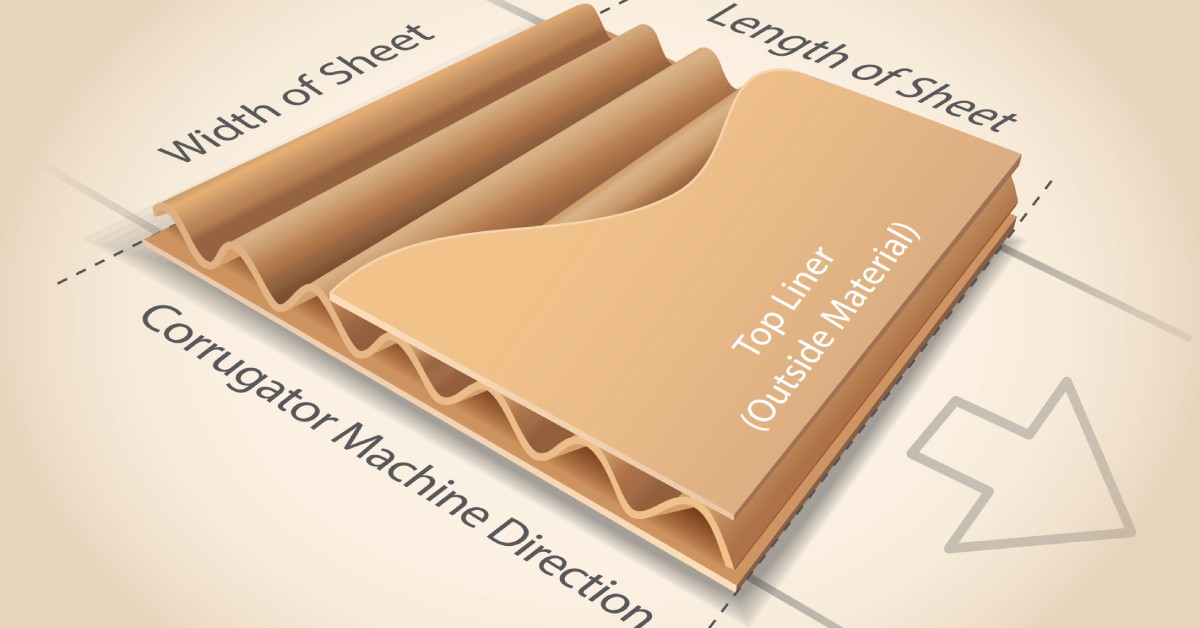
Shipping potentially dangerous goods requires a high level of care and strategic planning. From keeping compliance with strict regulations to lowering risks during transit, businesses must prioritize safety at every step.
One important component in this process is the type of packaging used to secure hazardous materials. Because of their strength and versatility, the shipment of potentially dangerous goods with corrugated boxes is important for safety compliance.
Proper Packaging Matters for Dangerous Goods
Dangerous goods include a wide range of materials that pose risks to health, property, or the environment during transportation. These can consist of chemicals, flammable liquids, gases, or corrosive substances. Improper packaging and handling can lead to leaks, spills, or even accidents, resulting in severe consequences for both people and property.
The proper packaging protects the contents and guarantees compliance with industry regulations. Corrugated boxes are a preferred choice for shipping dangerous goods due to their strength, durability, and ability to meet strict safety requirements.
Corrugated Boxes Stand Out
Because of their strength and flexible design, corrugated boxes are ideal for the shipment of potentially dangerous goods and a variety of shipping applications. Their unique construction, which includes two outer layers with a fluted layer in between, absorbs shocks and prevents the box from collapsing under pressure or vibration, thereby protecting the contents during transit.
Despite their strength, corrugated boxes remain lightweight, making them easy to handle and helping to reduce overall transportation costs. Another key benefit is their customizability. The tailoring of corrugated boxes fits a wide range of shapes and sizes, and they often include dividers or inserts to hold multiple items and prevent movement securely.
For businesses looking to optimize costs while upholding quality, sourcing custom shipping boxes wholesale provides an economical and efficient solution, especially for large-scale operations. Corrugated materials are recyclable, making them a sustainable choice for businesses that prioritize eco-friendly practices. By choosing high-quality corrugated boxes from United Container Company, businesses strike the perfect balance between safety and cost efficiency during shipment.
Compliance With Shipping Regulations
Authorities such as the Department of Transportation (DOT), the International Air Transport Association (IATA), and the United Nations (UN) regulate the shipment of dangerous goods. Compliance with these regulations is essential, as it ensures shipments meet the highest standards of safety.
UN-certified packaging is necessary for transporting hazardous materials. These boxes undergo rigorous testing to confirm their ability to withstand drops, stacking pressure, and extreme conditions without failure. Corrugated boxes can meet these UN specifications, making them a reliable choice for hazardous goods.
Proper labeling and documentation are equally important. Hazard labels must indicate the type of material being shipped, such as corrosive, toxic, or flammable substances. Shipping documentation should also include detailed descriptions of the goods, along with emergency response instructions. Corrugated boxes with pre-printed warnings or label-friendly surfaces allow for easy compliance with these requirements, reducing risks during handling and transportation.

Safety Considerations With Corrugated Boxes
Corrugated boxes are highly durable, but shipping dangerous goods often requires additional precautions to mitigate potential risks effectively. This is where custom packaging solutions, like those provided by United Container, excel. For example, you can integrate internal cushioning directly into the box using foam inserts or tailored compartments to absorb shocks and prevent leaks or spills. This added layer of protection is beneficial for fragile containers or materials prone to breakage during transit.
Ventilation is another critical factor when transporting hazardous materials that emit gases or volatile compounds. Custom corrugated boxes with ventilation holes or breathable materials allow for safe dissipation without compromising the strength of the box.
Lastly, compatibility is key for hazardous goods, as certain chemicals or materials can react with the packaging itself. Custom options provide advanced engineering to guarantee the internal surfaces and inserts are chemically resistant and ideally suited to contain the specific goods being shipped. By addressing these challenges through custom designs, corrugated boxes become an even more reliable choice for shipping potentially dangerous goods, keeping safety and compliance without compromise.
Best Practices for Shipping Dangerous Goods
To ensure safe and compliant shipping, businesses should adopt best practices tailored to the unique challenges of hazardous materials.
Understanding your goods is the first step. Dangerous materials fall into nine classes defined by international shipping regulations. Knowing the specific risks associated with each type helps in choosing appropriate packaging and taking necessary precautions.
Selecting the correct type of corrugated box is equally important. Consider factors such as board grade, thickness, and surface coating to ensure the box is adequate for handling specific goods. For particularly heavy or high-risk materials, triple-wall corrugated boxes may be necessary.
Routinely inspecting packages before shipment is a simple yet effective way to identify signs of wear, weakness, or damage. Replacing compromised boxes before shipment prevents catastrophic failures. Additionally, working with experienced carriers who specialize in transporting dangerous goods can significantly reduce risks. These carriers typically have the knowledge, equipment, and processes necessary for ensuring safe transport.
Specific Use of Corrugated Boxes
Corrugated boxes are indispensable for safely transporting hazardous materials due to their structural integrity, adaptability, and compliance with safety regulations. Their multi-layered design, comprising two outer liners and a corrugated fluted core, provides exceptional strength and shock absorption. This construction allows the box to withstand compression, vibration, and impact during transit, preventing leaks or spills that could pose risks to handlers and the environment.
Customization is another key advantage of corrugated boxes for dangerous goods. You can tailor them to fit the specific dimensions and shapes of the materials being shipped. Features such as internal dividers, reinforced corners, or multi-compartment designs stabilize items and prevent movement.
Furthermore, corrugated boxes meet stringent safety standards for hazardous material shipments when manufactured to UN-certification requirements. These boxes undergo rigorous testing to ensure they can endure extreme conditions, such as drops, stacking pressure, or exposure to fluctuating temperatures, without compromising the integrity of the materials inside. Paired with proper labeling and seals, corrugated boxes offer a comprehensive solution for adhering to regulatory requirements while maintaining high safety standards.

Advantages of Proper Packaging
Investing in the correct shipping and packaging solutions offers multiple benefits. Properly packaged dangerous goods experience fewer delays, as transportation and customs authorities are more likely to approve shipments that meet all safety requirements. This improves customer trust and minimizes the legal and financial liabilities associated with improper packaging and handling.
Corrugated boxes provide a durable, versatile, and cost-effective way to ship hazardous materials. When combined with best practices and proper planning, they protect your goods, enhance logistics processes, and prevent accidents.
The Best Option for Safety
Shipping potentially dangerous goods demands meticulous attention to safety and compliance. Corrugated boxes offer the durability, versatility, and cost-efficiency needed to transport hazardous materials safely. By contacting United Container Company, businesses can pair high-quality packaging with thorough handling techniques, adherence to strict regulations, and an unwavering focus on safety.
By understanding the unique challenges of shipping dangerous goods and taking proactive steps to address them, companies can enhance customer confidence and prevent accidents. Whether through proper training, rigorous testing, or the selection of appropriate carriers, a strategic approach ensures that potentially hazardous goods reach their destination safely and without incident.
Posted by





